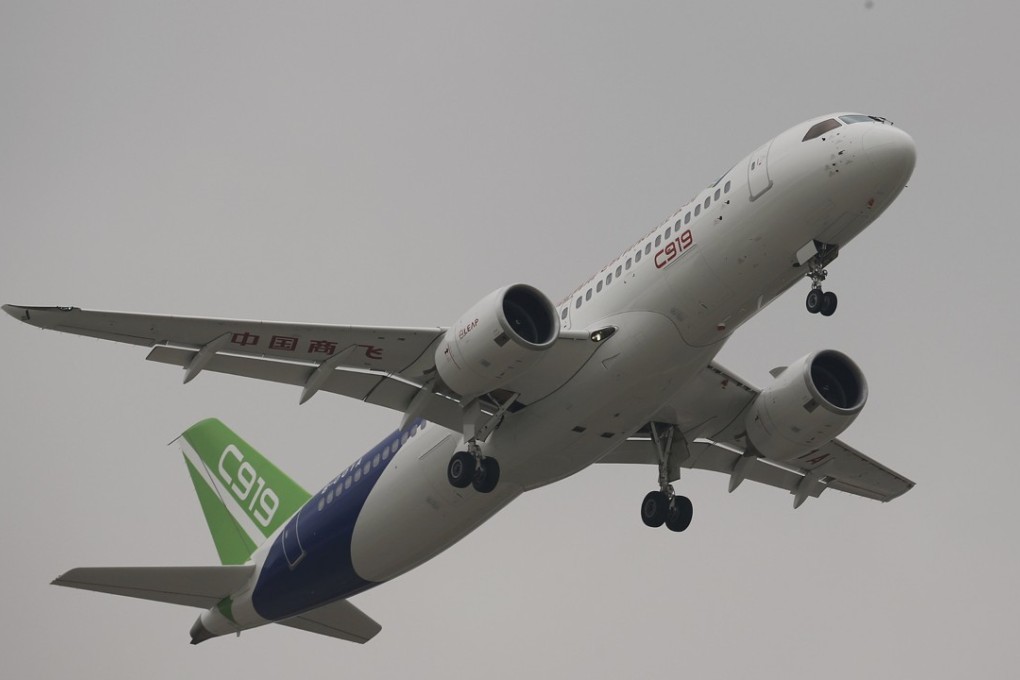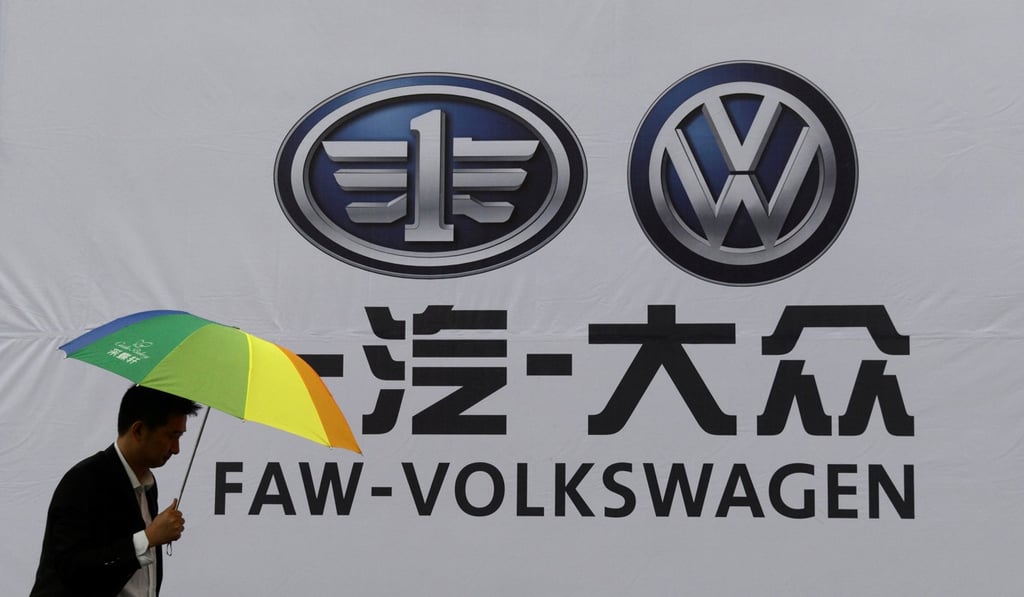EU firms want China to ease market access as local rivals come on strong
Respondents in the latest survey from the European Union Chamber of Commerce in China see the Asian nation closing the innovation gap with EU firms by 2020

European firms operating in China face rising competition from private Chinese companies while continuing to confront limited market access and an uneven playing field in the country, an influential lobby group said on Wednesday
The European Union Chamber of Commerce in China said in its latest Business Confidence Survey that over half of respondents believe Chinese firms will close the innovation gap with European firms by 2020, most likely in the services sector, providing “a wake-up call to the whole of Europe”.

In the annual survey, released just days ahead of the EU-China summit in Brussels, the chamber also called for removing investment barriers in China. EU-China economic relations face new uncertainty after the EU refused to endorse part of China’s proposed trade statement during the Belt and Road Forum in Beijing earlier this month.
“Competition in China has stiffened and respondents feel that Chinese private firms have become a lot more innovative, primarily in the areas of go-to-market and business-model innovation,” the chamber said in the survey.
It said Chinese firms have become strong in consumer goods and services, but European companies still dominate the industrial market.